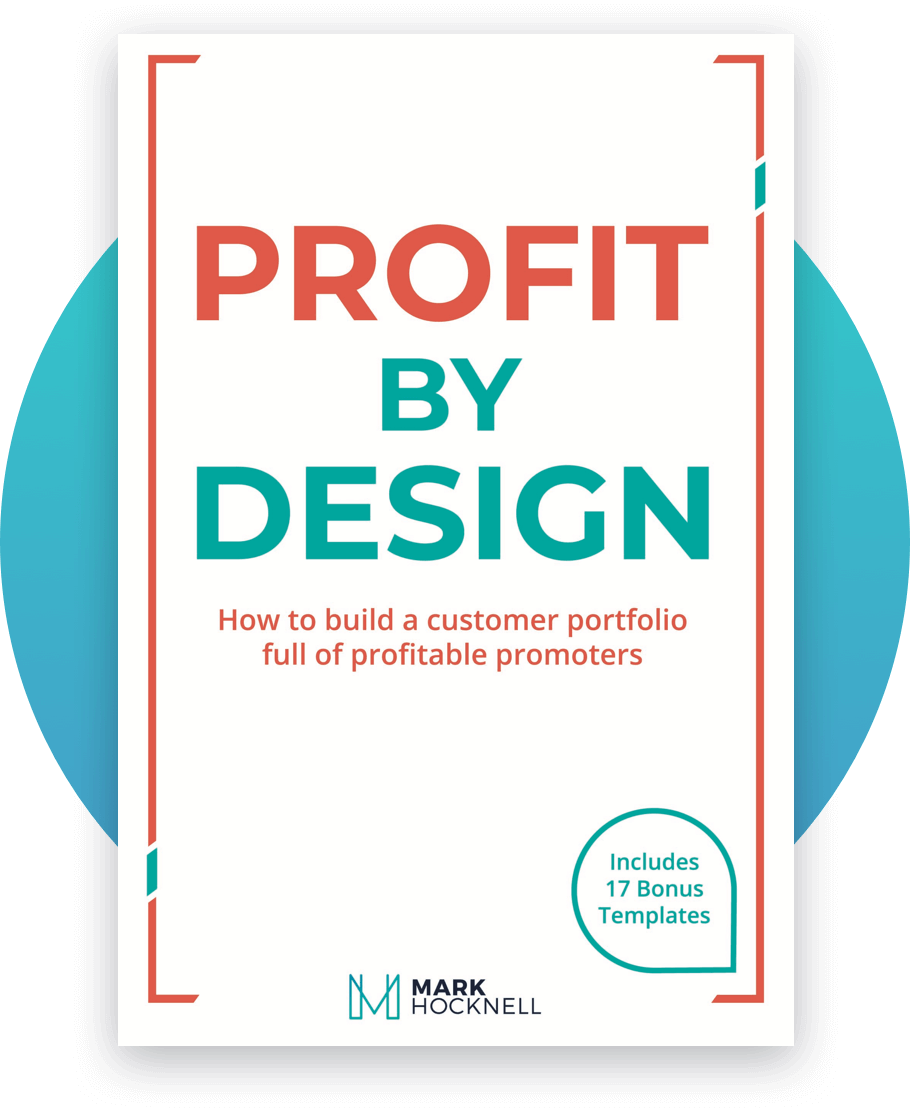Leadership and purpose are critical to maintaining motivation. We all want to do meaningful work. To feel that the work we do makes a difference to someone. In organisational contexts, the leadership role is important to setting and maintaining this focus on meaningful work. Individual purpose is just as important.
Background to this story of purpose
A client-side work-colleague and I have been discussing workforce engagement and culture.
The discussion often comes back to leadership. Behind this question of leadership, is that those leaders are not providing a meaningful vision or purpose for the workers to engage with. We often call this a ‘first world’ problem. Meaning our fellow members of this human family working in developing countries are frequently struggling to produce their physiological needs (reference to Maslow’s lower order needs), whereas in the first world, we are looking for more purpose in our work.
Employee NPS
On the back of these discussions, Engaged Marketing released eNPS research – that is, the Net Promoter Score applied to employees (The State of Employee Engagement in Australia 2015). The headline is that, generally employees in Australia are “highly disengaged”.
The eNPS score was minus-23%, meaning that there are more than twice the number of (employee) Detractors as Promoters. The research revealed that “the role of leadership is paramount in driving employee engagement, specifically ensuring staff understand the organisation’s strategy (that) staff are personally committed…and develop an organisational goal or purpose that extends beyond just economics“.
It’s actually not about the money
I attended a breakfast meeting a few weeks ago where the presenter asked the assembled group of small to medium sized enterprises what business they were in. Of course the answers were about what we do. He had the tenacity to correct everyone by saying, “we are in business to make money”. Okay sure, we need to provide for our chosen lifestyle now and into the future, and it has often been documented that profit or money is not the purpose.
Profits and money are the outputs (hopefully) of doing what we do well and we surely don’t communicate to employees and customers that the business is all about making money, so again it comes back to purpose. Torben Rick says, “companies with a higher purpose are more profitable than those that just think about the bottom line…we need to stand for something, beyond simply increasing profits”.
Purpose
Purpose, which can also be wrapped within your vision or a mission, should be bold. Perhaps with the intention to inspire employees and, or customers. Purpose should define why you do what you do, the reason for the existence of our work, what we stand for.
As Dan Pink says in Drive (2009:178), “The more prominent salary, perks and benefits are in someone’s work life, the more they inhibit creativity and unravel performance.” There is a great summary here in this TED talk.
My purpose
All this brought me around to thinking about what my purpose is in my working life.
I enjoy working with organisations to help simplify the complex, resolve business challenges. And guide leaders through a process to get to a set of results, realise the change they are looking for.
But what I like is not my purpose.
I believe in Customer Centric Business. Applying these principles to any organisation will realise performance improvements through alignment of resources, seen it, done it.
I am an advocate for the PuMP performance measurement method where I have seen people get engaged with their performance measures, their KPIs and genuinely want to improve their performance.
Therefore, I have determined my purpose is.
To free organisations from management thinking and practice that does not work. (There are too many management myths and misleading practices out there). To collaborate to help them align their resources. To optimise the delivery of value for their customers and realise their results.
I do this by, coaching and working with leaders and managers to build internal capability and practice to be customer centric. To align resources and avoid waste, to maximise results and consistently realise the delivery of value for their customers.
So, what’s your purpose..?
If you are interested in leadership and purpose, then:
- Please have a quick read through the Nine Imperatives for Leaders, there is a self assessment tool here.
- And check out this page and the section on Evidence-based leadership.



